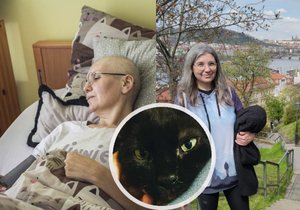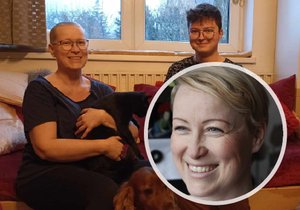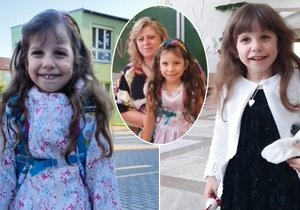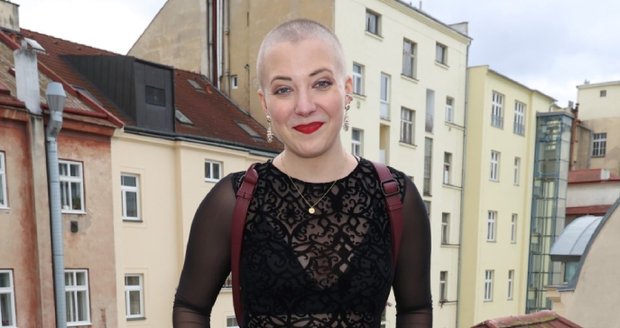Cancer is a disease that is being talked about more and more openly. Singer Anička Slováčková recently shared that she is seeing a doctor who specializes in palliative care. Can you please clarify what palliative care is all about?
Palliative care is here for patients who have a severe or incurable illness. It is all-round care, which is provided by doctors, nurses, psychologists and even social workers. All of them try to ensure that the patient is not only treated well, so that he does not have pain, for example, but also takes care of him from a psychosocial point of view.
In oncological cases, the palliative care doctor decides what the patient needs. He explains what is happening to the patient, what is the goal of oncological treatment, and helps the patient by setting up treatment for pain, fatigue, and insomnia. In short, a palliative doctor accompanies a patient through a serious illness so that he can live as well as possible, even with a serious illness.
The goal of palliative treatment is not a cure, because the disease is too extensive or too advanced to be cured. Palliative treatment aims to alleviate the patient’s difficulties caused by the disease and to give him as much time as possible as comfortably as possible. Treatment by oncologists often takes place simultaneously with our palliative care.
What is life expectancy with palliative care?
We have patients who have a prognosis of years if they are referred to us in time, even those who are at the end of life. In the case of oncology, it depends on what kind of tumor a person has. Each tumor responds differently to palliative oncological treatment. There are tumors that you can slow down or stop with palliative treatment and give those people years of life. This applies, for example, to breast cancer, colon and rectal cancer, and some lung tumors when they have good genetics. And then there are types of tumors, such as cancer of the pancreas, bile ducts or brain tumors, where palliative oncological treatment can give people a maximum of extra months. It cannot be generalized.
Anička Slováčková, who uses the care of a palliative physician, is one of the very young patients. How often do young women approach you like this?
We often care for young women, especially when they have small children, because their illness is a complex problem for the whole family, not just for the patient. We also work with the family, the husband, the psychologist takes care of the children. We are working to ensure that there is not only medical but also social assistance. When the breadwinner drops out, we deal with various social assistance benefits in the palliative clinic, we provide foundation funds that will support and sustain the family.
In the interview with Anička, it was also heard that cannabinol helps her a lot – legal cannabis, which does not cause a psychoactive state of mind and, on the contrary, helps with pain…
Cannabis is really not an alternative medicine, cannabis is a registered preparation that belongs to the portfolio of a palliative physician. I myself have several patients in the palliative care clinic who use cannabis for uncontrollable pain or for other symptoms for which cannabis can do them a good service.

How do you view alternative treatment that seriously ill patients also resort to?
It is always important that the oncologist knows what his patient is taking. Because even natural preparations can affect the effect of chemotherapy or drugs prescribed by an oncologist. It is therefore essential that the patient always discuss any of his alternative procedures with his oncologist.
Is palliative care sufficient in the Czech Republic?
There are many incurable diseases. It’s not just oncological diseases, it’s also dementia, heart failure, organ failure, there are simply a lot of patients who need very complex palliative care. Fortunately, this care is experiencing a big boom and services have increased greatly in recent years. However, it is uneven. There are regions where there are many inpatient hospices, home hospices, many palliative clinics, there are palliative teams in hospitals and everything is well covered, but then there are regions where these services are lacking. You can find the range of services in your region HERE.

How challenging is it for doctors to work in this field?
Palliative care can help patients a lot, and that makes a lot of sense to me. To really take care of those people so that the time they have left is as good as possible. Therefore, I would like to see fellow doctors actually send their patients to us to the palliative care clinics in time when their needs are complex. Palliative care can take place simultaneously with palliative oncology treatment, we are able to take care of patients in cooperation with fellow oncologists at the same time.

Patrasová and Slováček in Lightning: We avoid people because of Anička! Luboš Procházek

Anička Slováčková is happily in love.
Author: Blesku archive







